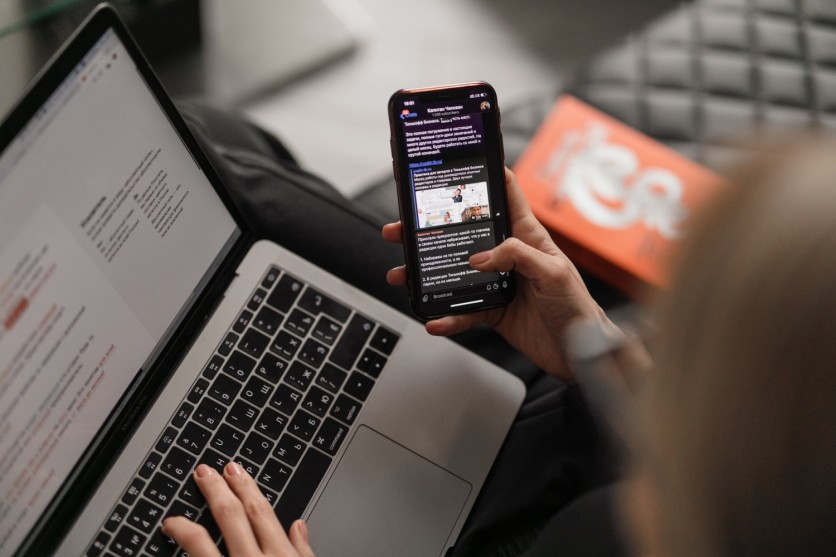A new email scam involves a suspicious link that asks Gmail and Hotmail users about their bank account information. After clicking it, a malicious website about free omicron PCR tests will open, urging them to get COVID-19 kits as soon as possible.
Omicron Email Scam Hits Gmail, Hotmail Users

In an updated report by The Sun on Saturday, Dec. 11, the UK watchdog noted that hackers are on the rise amid the popularity of the new coronavirus variant. In addition, they take advantage of the pandemic to scam people who want to get a free omicron testing kit.
The catch here is you won't get passed through the webpage without entering your bank account details. A member from the Individual Protection Solutions reported this rampant campaign recently.
Per Charlie Shakeshaft, the organization's founder, the new scheme exploits people's fear over the omicron train. In an interview with The Sun, he described it as "particularly sinister."
"They're targeting people who are in desperate need to book a test before the crowds in a bid to get them to act quickly," Shakeshaft mentioned.
Related Article : 'Extremely Bad' Log4Shell Vulnerability Gives Hackers Easy Access to Millions of Devices
How to Avoid this Omicron Scam Email
The common victims of this email scam are those people who feel susceptible to the omicron variant. In hopes to receive a guaranteed test kit for the disease, they would likely direct to the dodgy link.
In another report from Threat Post, the cyberattackers who send the scam email make people believe that it comes from the official account of the NHS. They remind users to take this free PCR test to "avoid" further restrictions.
Furthermore, the hackers informed the victims that they could now "travel freely and safely." However, the untested individuals will be ordered to stay inside their homes.
In response to this, the NHS warned the users about these "fake emails" that are asking for their bank details. They urge the public to be cautious about these text messages by following these steps:
- Do not give any financial information in the email.
- Do not click any links in the text message
- Submit a report regarding any suspected scam email to the National Cyber Security Center by clicking here.
Previous Gmail Phishing Attack
Back in September, millions of Gmail and Outlook users fell into an email scam involving a bogus product purchase, according to Tech Times. The actor behind the vishing attack will send an email to the victims, later forcing them to hand their confidential details to an anonymous sender.
The same news outlet reported that SA public employees suffered from the Frontier Software ransomware attack. The latest cyber incident involves stealing the personal information of the government workers in a firm.
Read Also : New UPS Delivery Scam Fools Victim Through Suspicious Email--Here's How to Identify and Avoid it
This article is owned by Tech Times
Written by Joseph Henry




